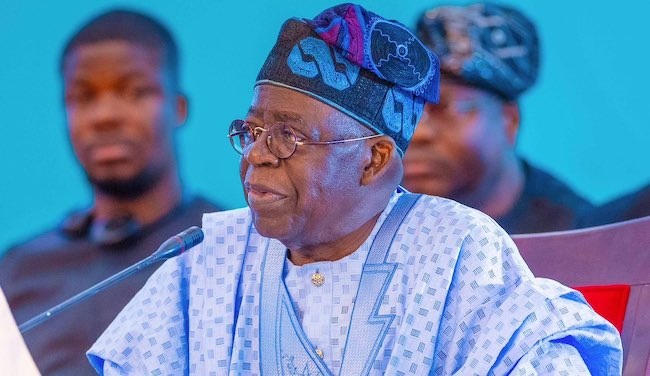By John Moses
The Managing Director of Coleman Wires and Cables, George Onafowokan, has commended President Bola Tinubu’s economic reforms, describing them as bold measures crucial for reviving Nigeria’s industrial and economic future.
In a statement issued on Sunday, Onafowokan acknowledged the macroeconomic instability that has characterised the Nigerian economy since 2023 but described it as a “turbulent yet necessary transition” to long-term recovery.
Key reforms, including the removal of fuel subsidies, exchange rate unification, and significant interest rate hikes, were labelled by the industrialist as difficult but essential steps towards stabilising the nation’s struggling financial landscape.
“For businesses, these past months have been extremely challenging,” he said. “Yet, with a more resilient naira, increasing foreign inflows, and moderating inflation, there are clear signs that the economy is turning a corner.”
Onafowokan noted that predictability is fundamental for manufacturers, adding that recent monetary policies had brought much-needed stability. He highlighted falling interest rates and declining inflation as indicators of renewed optimism among Nigerian businesses.
He urged the government to shift from a stabilisation mindset to one focused on economic expansion, calling for the activation of the ₦1 trillion manufacturing fund and the swift implementation of pending fiscal reforms.
“The stabilisation phase is over; now we must focus on scale and growth,” he said. “This requires strategic, long-term thinking—not short-term political calculations.”
Looking ahead, Onafowokan predicted that if reforms are sustained, Nigeria could see significant gains in the value of the naira and stronger purchasing power by 2026 or 2027. This, he argued, would translate into reduced fuel and import costs, and a surge in local production and job creation.
He reaffirmed Coleman Wires and Cables’ commitment to expanding its operations, saying, “We’re ready to build more factories, employ more Nigerians, and invest in growth.”
Onafowokan concluded by emphasising the importance of affordable credit for businesses, noting that equity alone cannot drive large-scale industrialisation. With policy consistency and visionary leadership, he believes Nigeria could witness a transformative economic boom in the next two decades.























